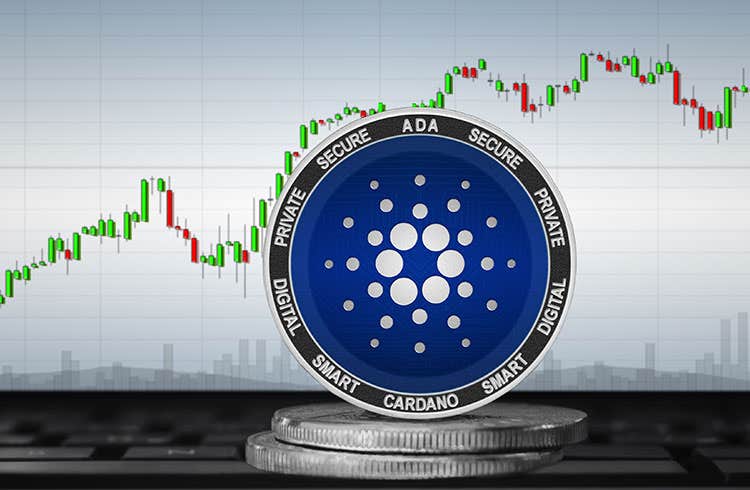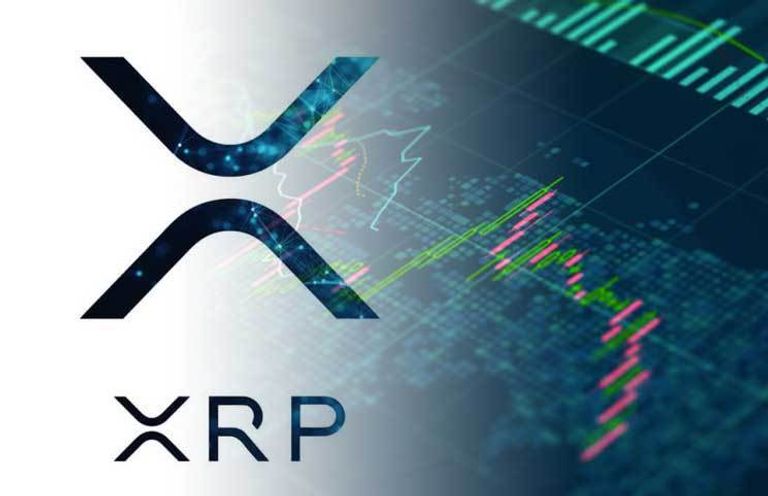On March 14, the European Parliament, as part of the “Data Act” set new rules and requirements for smart contracts. An article in it that mandates that smart contracts must be mutable is causing concern in the crypto space. Is the decentralization of smart contract applications at stake?
“Data-Act” regulates data infrastructure
The bill passed with 500 votes in favor and 23 against. The law aims to regulate the handling of shared data and create more legal certainty at EU level in this regard. Users should have transparent access to the data they generate. Information generated, for example, by using language assistants, chatbots or IoT devices should be visible to users.
In addition to user security, an optimized legal framework for the data infrastructure should pave the way for future industries and tech applications. The new rules could become binding for service providers in Europe from 2024. Before that, the legislation still has to go through the trilogue negotiations. Accordingly, adjustments could still be made.
Smart contracts with an exit option?
The new requirements for smart contracts also include “safe termination and disruption”.
The smart contract must contain internal functions that can be used to reset the contract or instruct it to stop or pause the operation to avoid future (accidental) executions; in this regard, the conditions under which a smart contract can be reset or instructed to stop or interrupt the process should be defined in a clear and transparent manner.
Such emergency mechanisms or “kill switches” are controversially discussed in the crypto scene. Critics have concerns about the security and decentralization of smart contracts, which are justified by the consistent execution of the contract terms. Opposite Cointelegraph explained Blockchain expert Michael Lewellen: “The inclusion of a kill switch undermines the guarantees of immutability and introduces a point of failure, as someone must govern the use of such a kill switch.”
Difficult to foresee consequences for the Defi area
Some voices fear that regulation of smart contracts could have a lasting impact on the DeFi industry in Europe. The law also stipulates that smart contracts offer the same “protection and legal certainty as other contracts that have come about through other means”. In addition, smart contracts must be designed in such a way that the “protection of the confidentiality of trade secrets” within the meaning of the regulation is guaranteed. One of the central questions for the planned changes is also still unresolved: Who will be given control of the kill switches?
Crypto exchanges with the lowest fees 2023
- Trump’s inauguration is approaching, but crypto promises may take a while - January 14, 2025
- Fidelity: 2025 will be the year of global Bitcoin adoption - January 14, 2025
- Ethereum: Inflation continues, but bulls continue to target $20,000 - January 14, 2025




















![Best Platforms for Copy Trading in [current_date format=Y] 22 Best Platforms for Copy Trading](https://cryptheory.org/wp-content/uploads/2024/12/copy-trading-120x86.jpg)



